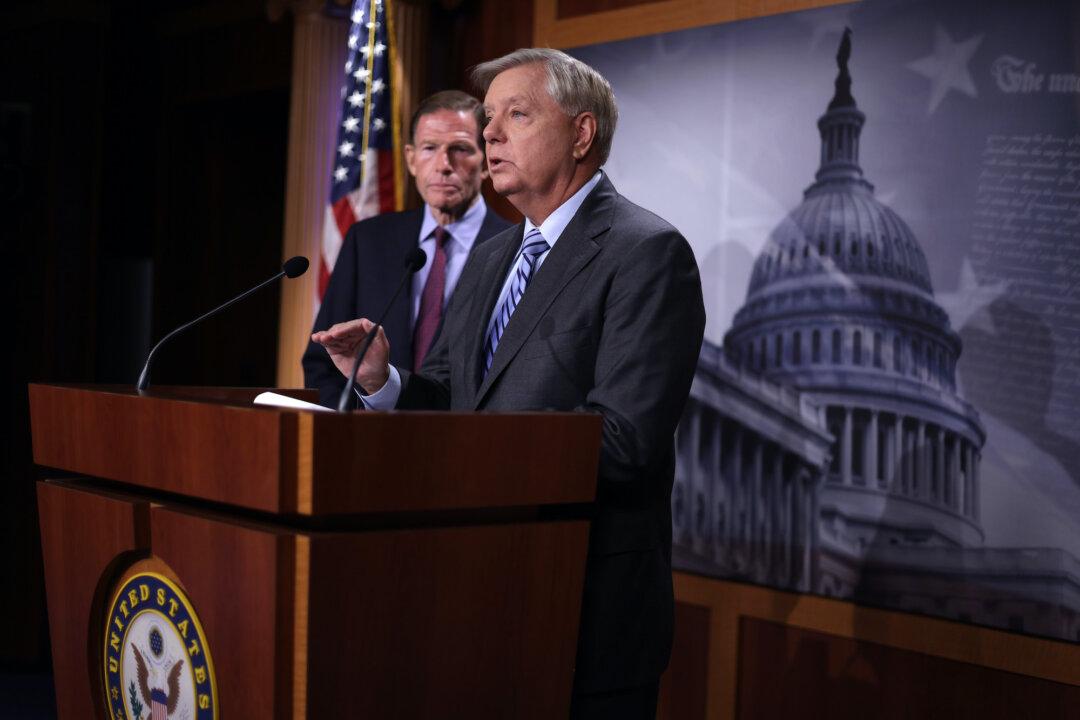A federal appeals court has denied Sen. Lindsey Graham’s (R-S.C.) request to block a subpoena for his testimony before a special grand jury in Georgia in a probe into possible unlawful interference in the 2020 election.
The three-judge panel from the 11th U.S. Circuit Court of Appeals did, however, agree with a lower court ruling to restrict the scope of questions to certain topics.





